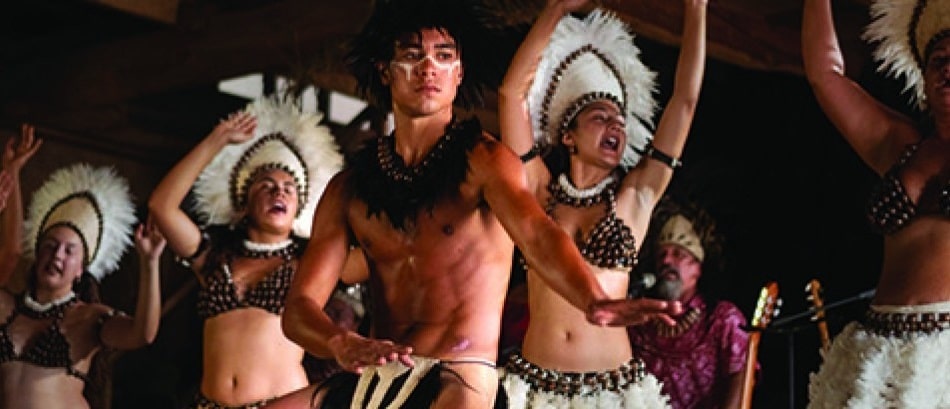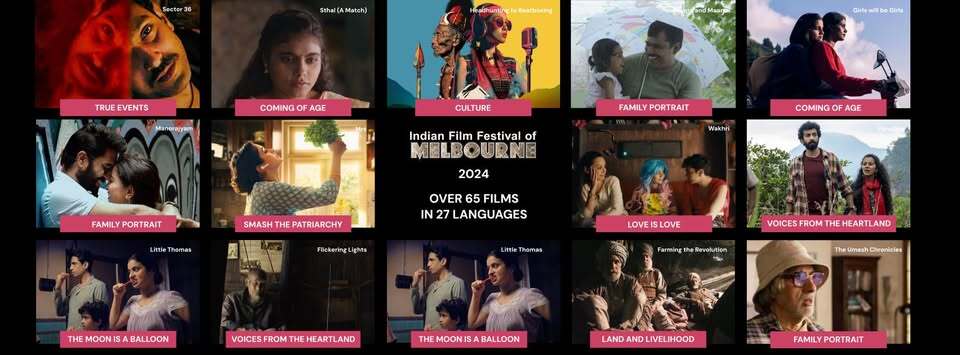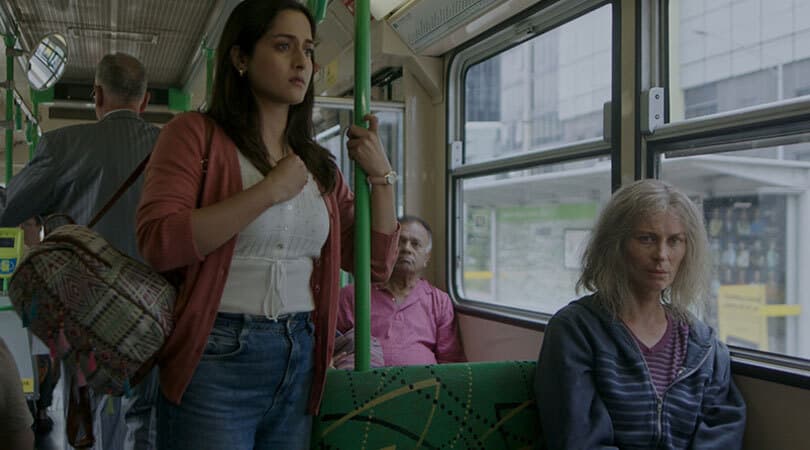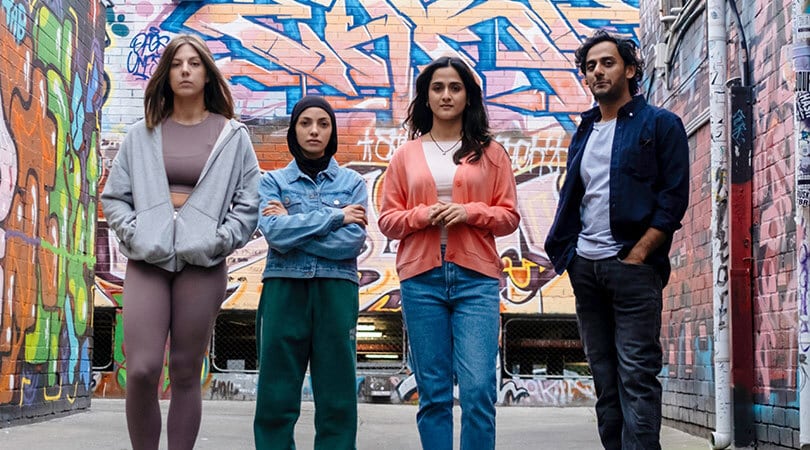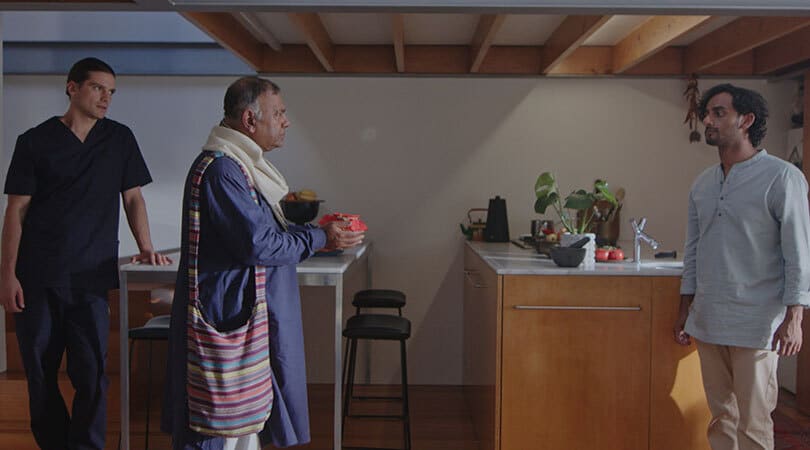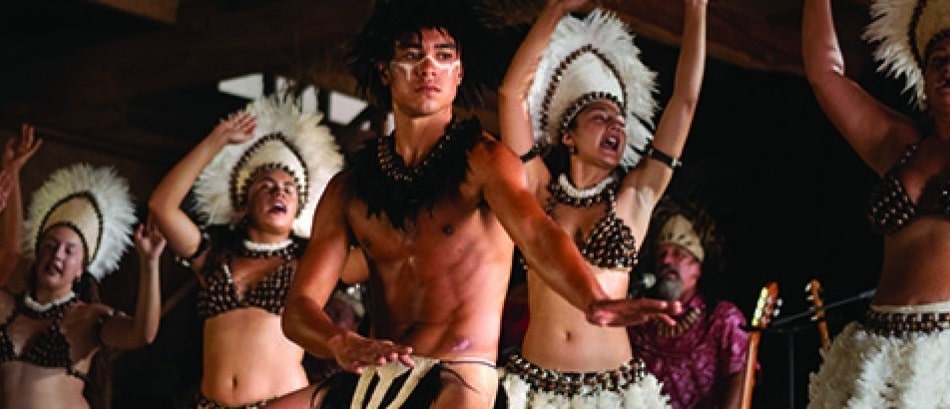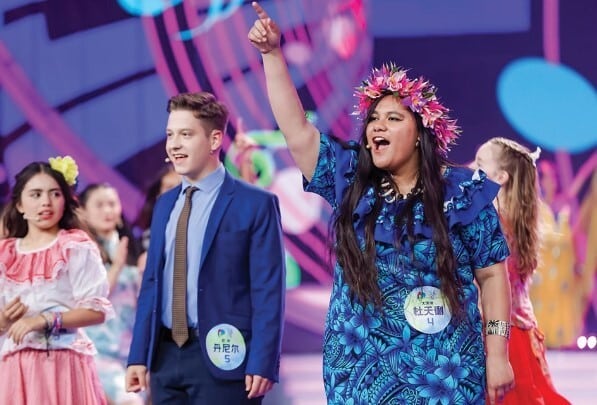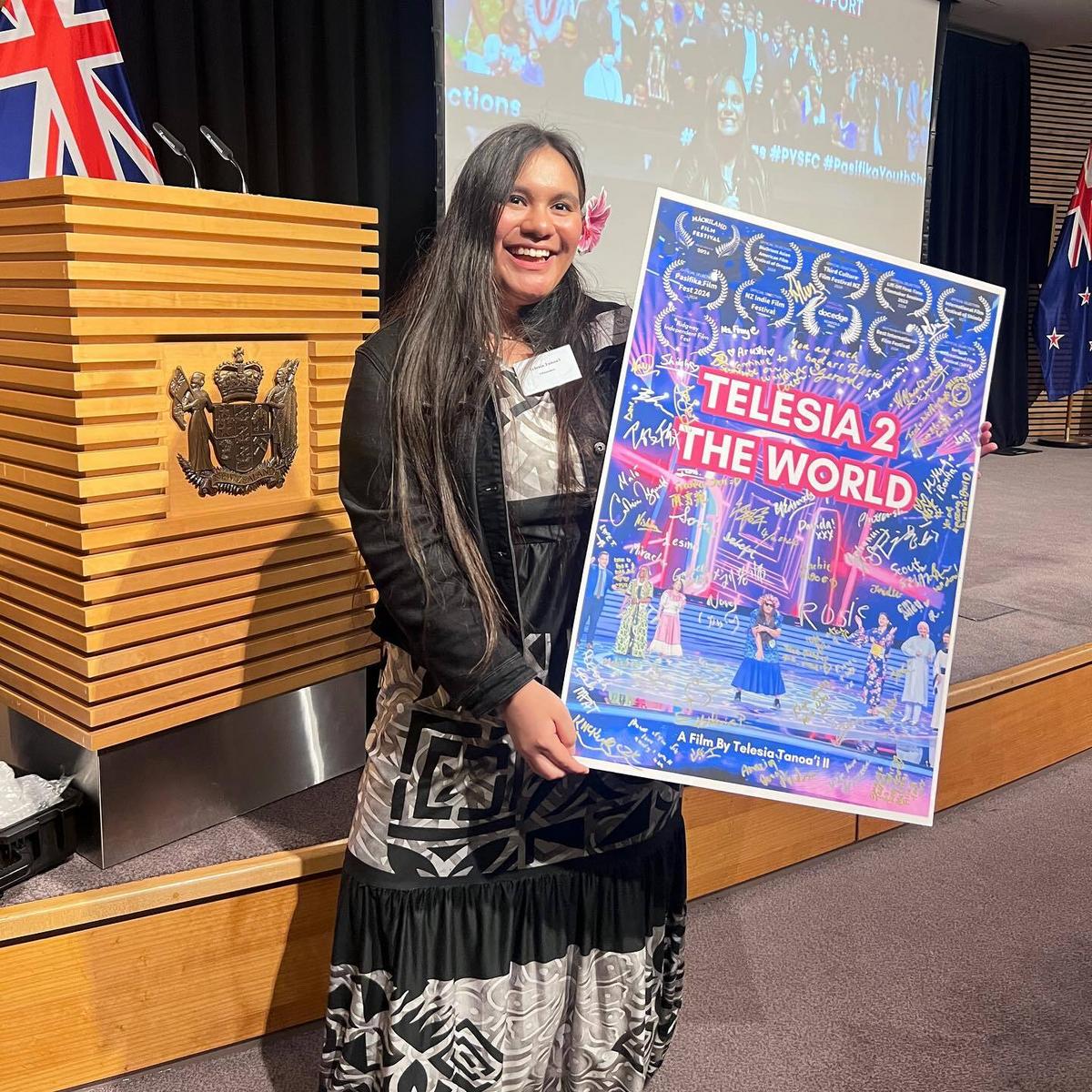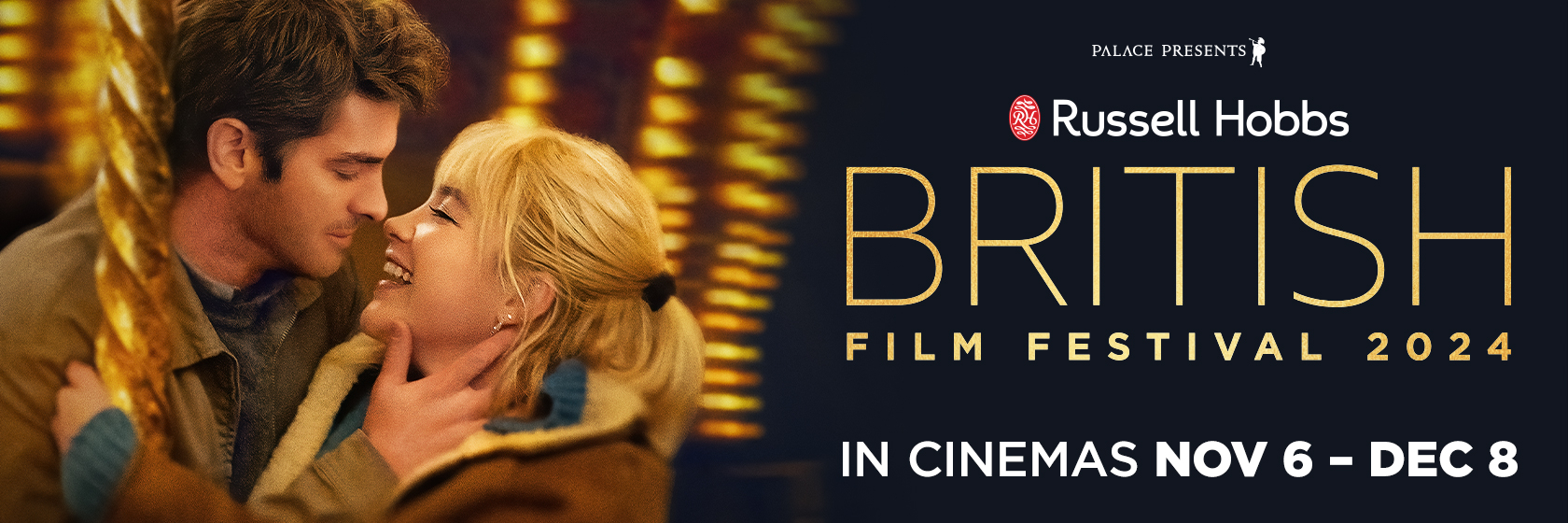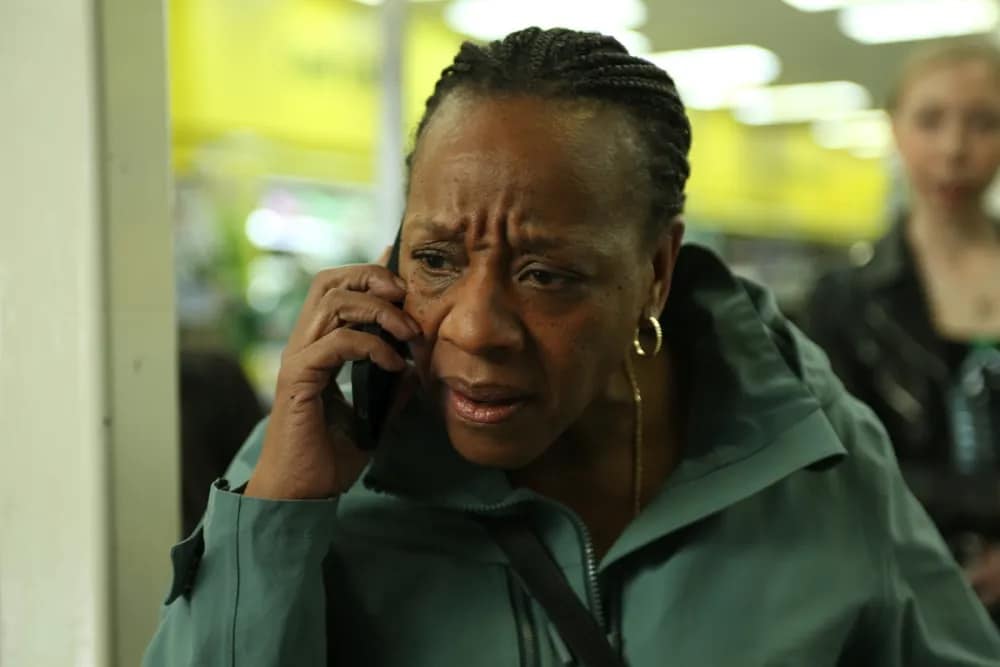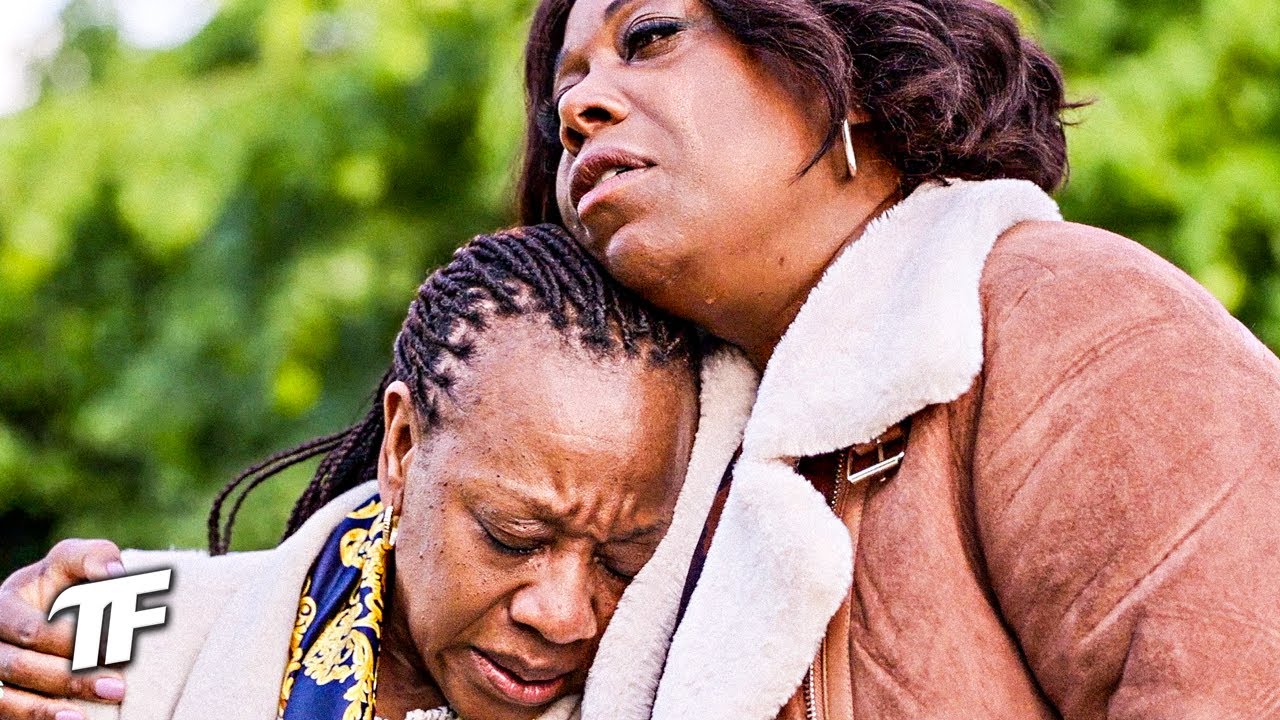Mahika Kai introduces a group of Māori conservationists and cultural custodians on a quest to rehabilitate ecological systems and food sources, and in turn the identities and wellbeing of their people.
Filmed in picturesque Wānaka, located in New Zealand’s South Island, we learn about the interconnectedness of physical and spiritual elements in the Māori world view and the kaitiaki (guardians) seeking to reconnect with and promote traditional Māori knowledge to create healthier modern lives, in harmony with nature.
As narrator Tūmai Cassidy explains, Mahika Kai is the procurement of food, including gathering, harvesting, preserving, sharing and, pertinently, caring for food. The mission of caring for food is illustrated here with specific reference to the plight of tuna (eel) populations, whose wetland habitats, and very survival, are imperiled by hydroelectric dams restricting their migration pathways;
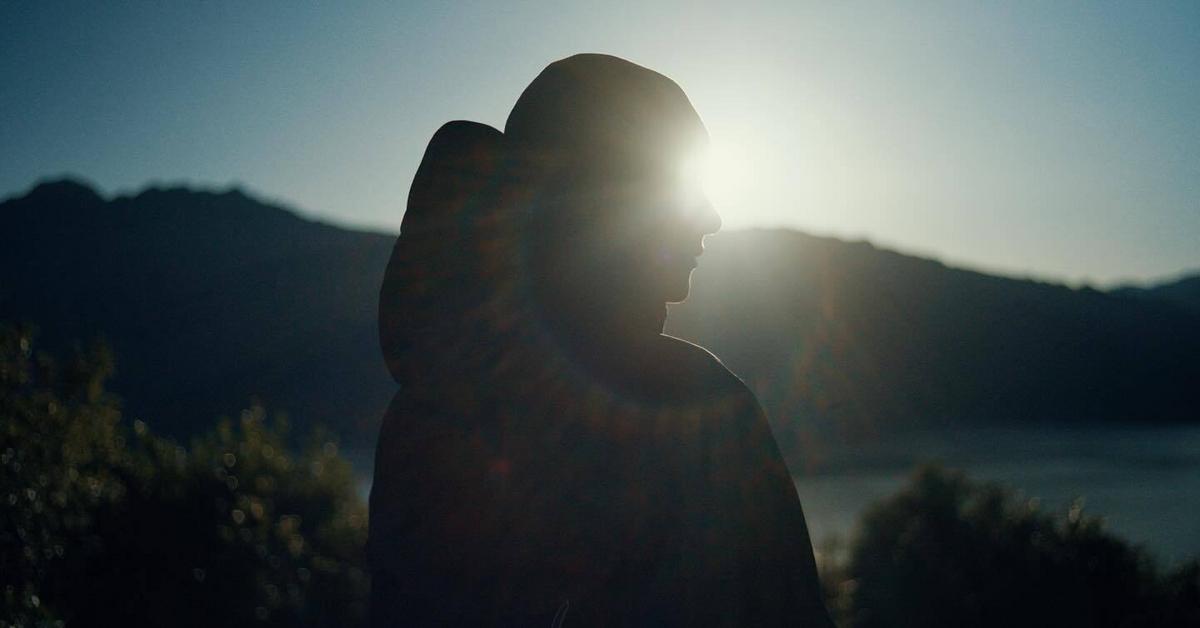
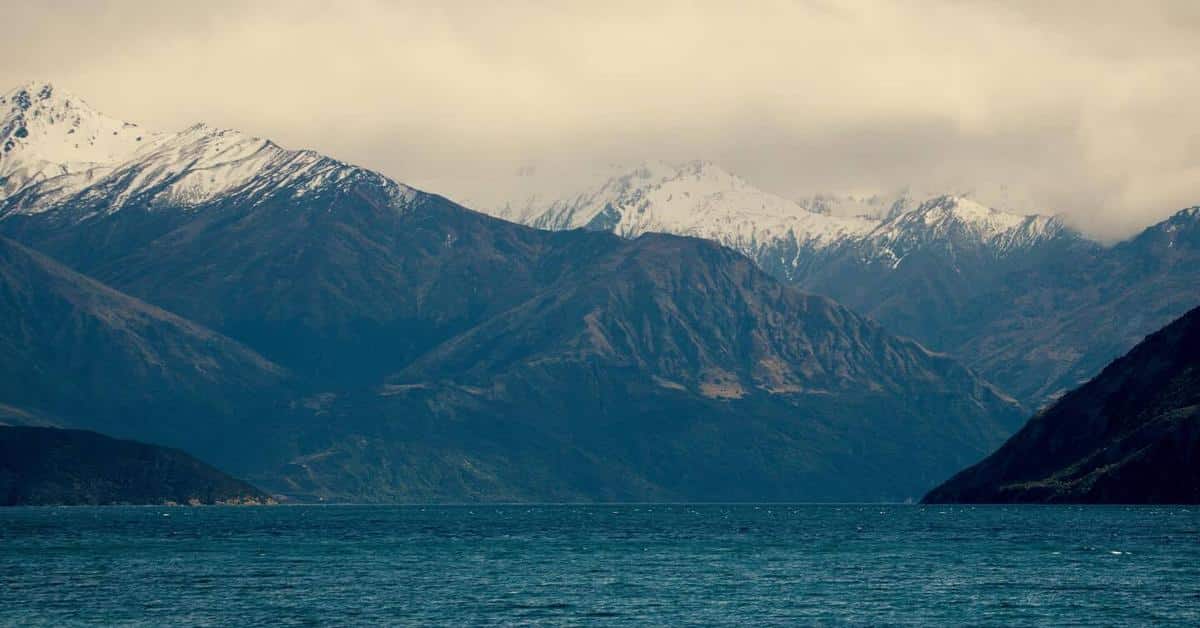
As Cassidy notes, the impact of this plight is not isolated, as their destruction – effecting 90% of wetlands in the Otago region alone – means the loss of identity and traditional ways of life. We are told it needn’t be this way, where hydroelectric dams overseas are designed and operate without impacting crucial migration pathways, or harming respective species.
The kaitiaki hope through greater awareness of the issue, the local community and government will support their conservation kaupapa (objectives) and re-prioritize the life and health of habitats and species, which support life and health among human communities.
In addition to the conservation kaupapa of Mahika Kai, the kaitiaki share their pepeha (a traditional Māori introduction including details of connection to land) waiata (song) and kapa haka (performing arts). These koha (gifts) beautifully portray the life-force connecting past and present, physical and spiritual, and memorably highlight the kaupapa which makes Mahika Kai timely and important viewing – which I highly recommend.
To book tickets to the Maori Mini Film Festival, please visit https://www.bunjilplace.com.au/events/maoriland-film-festival
